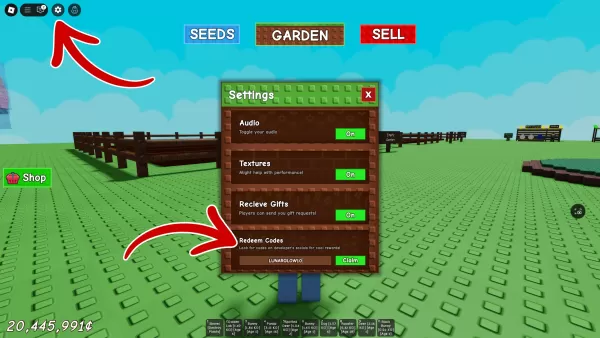Steam Doubles Down On Banning Games With Forced In-Game Advertisements

Valve has taken a firm stance against games that force players to watch in-game advertisements, and this article delves into the details of their new policy and its implications for gamers.
Valve Rolls Out Rules for Games with Forced Advertising

Valve has introduced a comprehensive policy page that clearly bans games requiring players to engage with or watch in-game advertisements to play or gain rewards. This practice, prevalent in many mobile games, especially free-to-play titles, often includes unskippable ads between levels or ads that offer bonuses like energy refills.
Although this policy has been part of Steamworks’ terms and conditions for nearly five years, it has now been given a dedicated page, possibly due to the increasing number of games on the platform. According to SteamDB, 2024 saw the launch of 18,942 games on Steam, necessitating stricter guidelines.
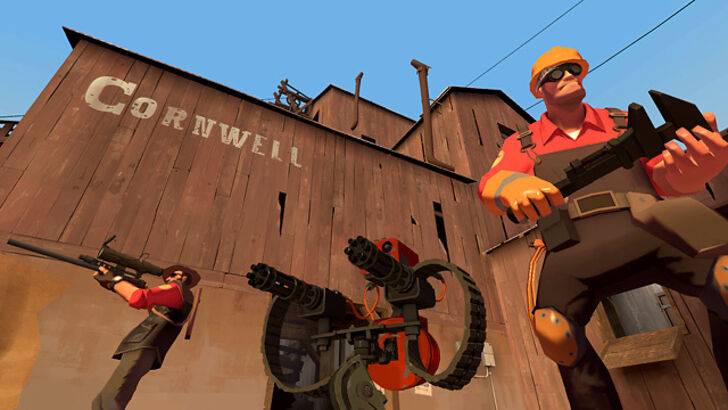
Steam, devoid of paid advertisements, does not support ad-based business models. Games wishing to be listed on Steam must remove these ad elements or transition to a "single purchase paid app" model. Alternatively, they can adopt a free-to-play model with optional microtransactions or purchasable downloadable content (DLC). A prime example is the business management simulator, Good Pizza, Great Pizza, which, upon porting to Steam, replaced in-game ads with purchasable DLCs and progression-based unlocks.
Product Placements and Cross Promotions Allowed on Steam
While intrusive ads are not permitted, product placement and cross-promotions, such as bundles and sales events, are allowed as long as proper licenses for copyrighted content are in place. This includes racing games like F1 Manager featuring real-life sponsor logos or skateboarding games showcasing actual brands.
This policy is designed to enhance the quality of games available on PC and improve user experience by eliminating disruptive advertisements. Steam users can enjoy a more immersive gaming experience without forced ads.
"Abandoned" Early Access Games Now Give Warning
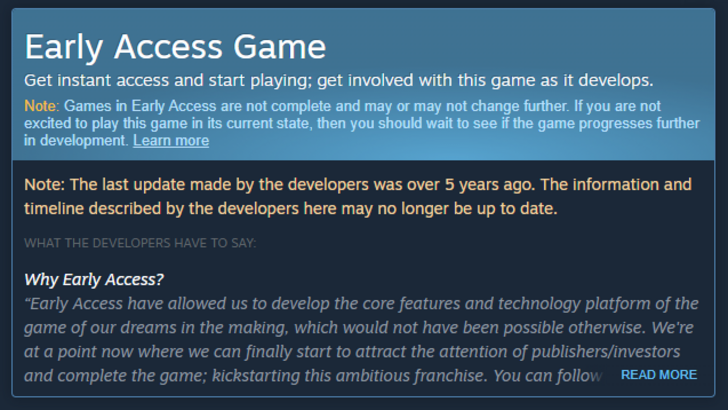
Steam has also introduced a feature that flags Early Access games not updated for over a year. These titles now display a notice on their store pages, indicating the time since the last update and warning that the developer's information may no longer be current.
With the surge in Early Access games on Steam, these alerts assist customers in identifying titles that may have been abandoned. While negative reviews often signal an abandoned game, a prominent warning at the top of the store page is a valuable addition.
The gaming community has responded positively on social media and Steam forums, appreciating this new feature. Some users advocate for the delisting of games abandoned for over five years, emphasizing the need for ongoing support and updates.
-
Microsoft has firmly stated that Xbox leader Phil Spencer has no plans to retire in the near future, addressing speculation about his role following recent widespread layoffs.Approximately 4%, or justAuthor : Camila Jan 02,2026
-
Building a formidable team of Monmates is essential for advancing through Monmate Master: Idle Adventure's progressively challenging levels and competitive modes. With numerous unique Monmates available - each featuring distinct elemental attributes,Author : Grace Jan 02,2026
- Black Ops 6 Zombies: How To Configure The Summoning Circle Rings on Citadelle Des Morts
- Harvest Moon: Lost Valley DLC and Preorder Details Revealed
- Roblox: Latest DOORS Codes Released!
- Silent Hill 2 Remake Coming to Xbox and Switch in 2025
- Roblox: Blox Fruits Codes (January 2025)
- Roblox: Freeze for UGC Codes (January 2025)


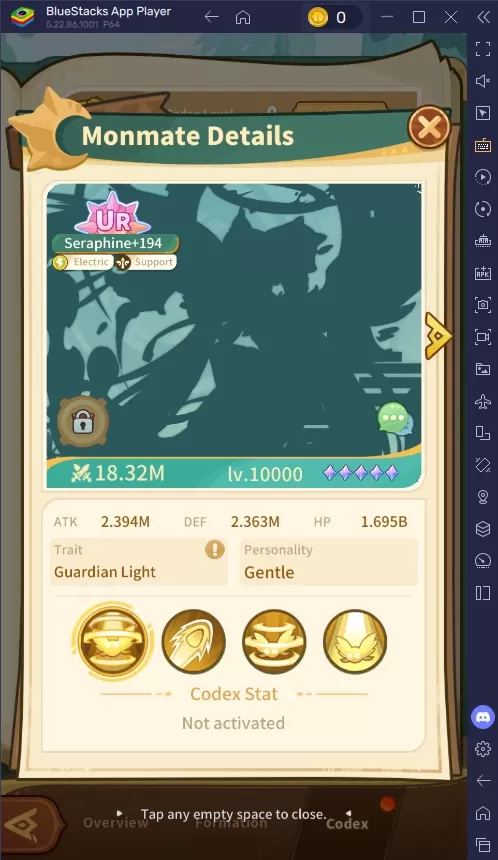











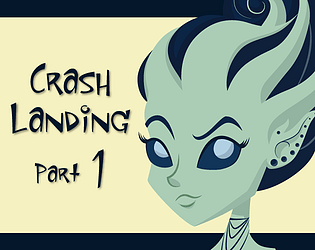



![Taffy Tales [v1.07.3a]](https://imgs.ehr99.com/uploads/32/1719554710667e529623764.jpg)



